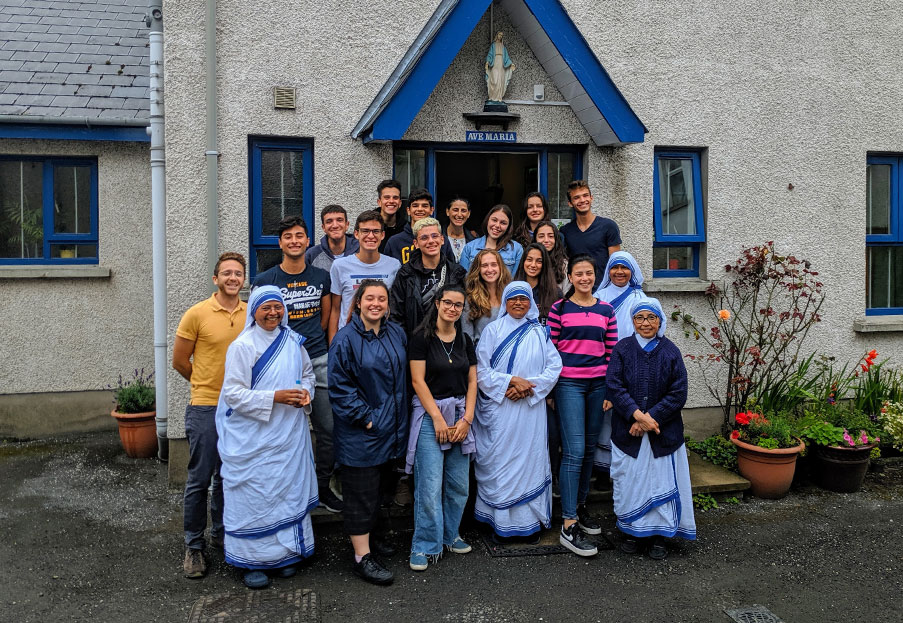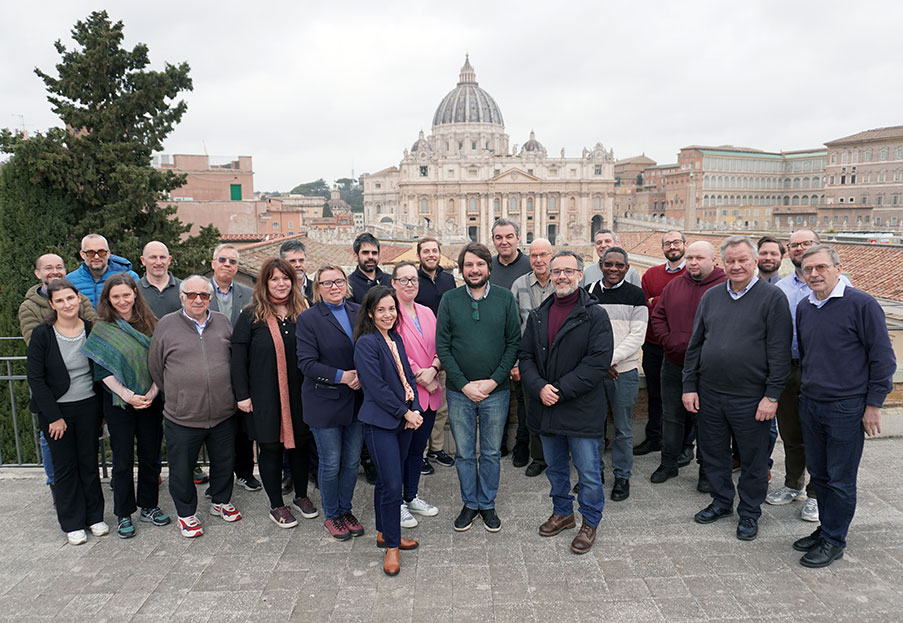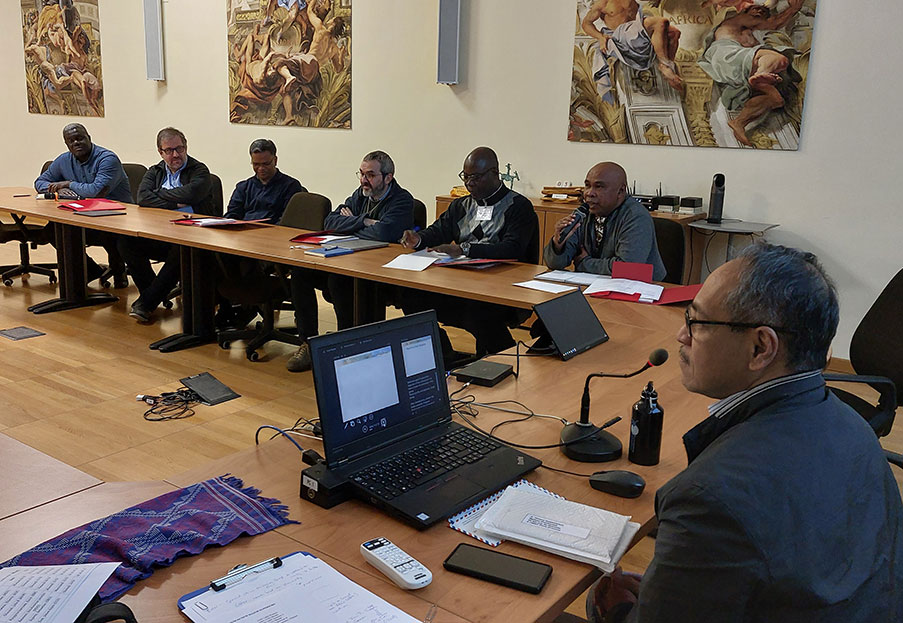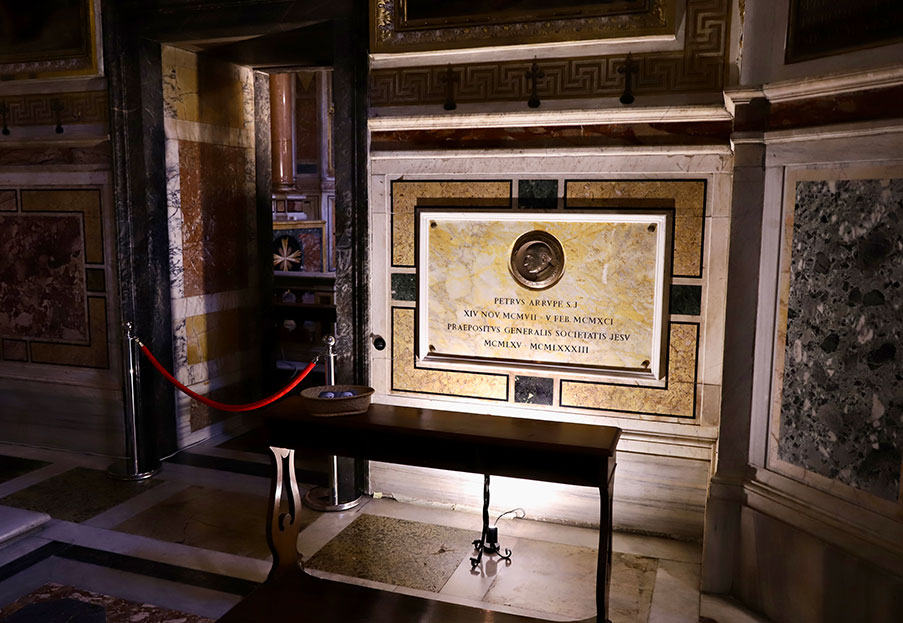Why consecrate the Society to the Heart of Jesus?
By Xavier Jahan, SJ
Shrine of the Sacred Heart - Paray-le-Monial (France)
The renewal of the consecration of the Society of Jesus to the Heart of Jesus challenges us to reflect on the relevance of this devotion in our lives. Perhaps for many, it may seem to be of another time, if not simply outdated. This consecration provides an opportunity to face any prejudices or negative images, which we may entertain. If we can overcome these barriers, we may, perhaps, rediscover how this devotion invites us to be in touch with the heart of our faith.
Father
General Arturo Sosa is basing the text of the consecration on a 1972 prayer of
Pedro Arrupe. A few excerpts from the conclusion of a conference, that Arrupe
addressed to Jesuits in February 1981, can guide and enlighten us. This was given
shortly before the thrombosis which was to plunge him into a great silence for
the rest of his life.
The natural symbol of love is the heart. The Heart of Christ, therefore, is the natural symbol for representing and inspiring our personal and institutional spirituality, leading us to the very source and abyss of the human-divine love of Jesus Christ.
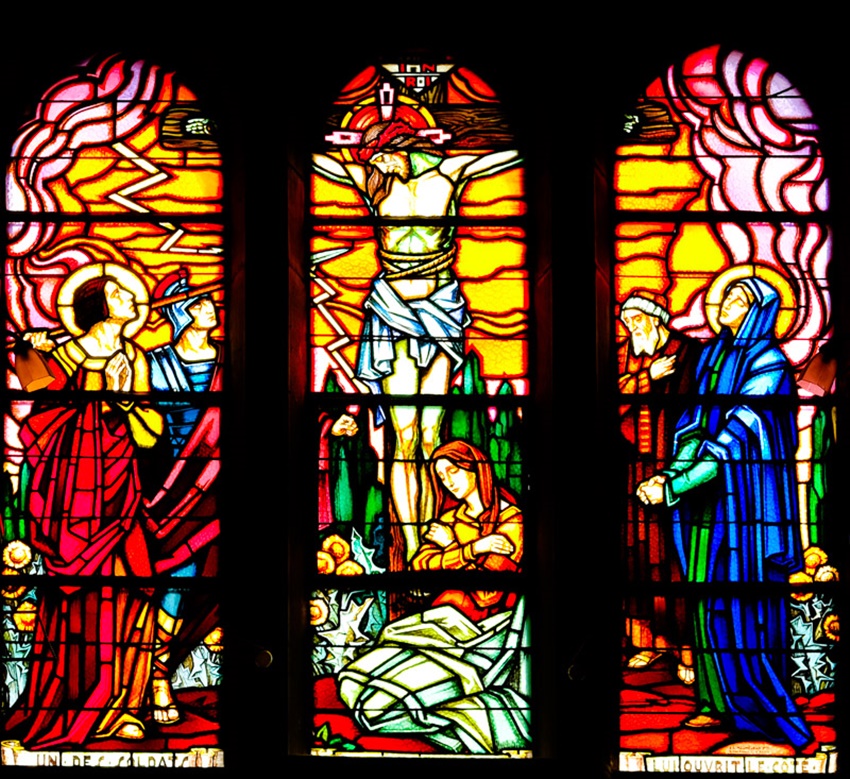
Indeed, devotion to the Sacred Heart is a
devotion of the whole Church. It allows each baptised person to enter into the
entire mystery of God through the symbol which gathers together, unifies, and
sums up the whole mystery of a human person: the heart. The biblical meaning of
the notion of the heart is taken up here. Pope Francis, on the occasion of the
Jubilee Year of Mercy, recalled it in these terms: “from the heart of the Son
flows the mercy of the Father”. Let us refer to Father Arrupe again:
From my noviceship on, I have always been convinced that in the so-called “Devotion to the Sacred Heart” there is summed up a symbolic expression of the very core of the Ignatian spirit and an extraordinary power, both for personal perfection and for apostolic fruitfulness.
In other words, the experience of the Heart of
Jesus is found at the deepest level of the Ignatian experience, especially in
the journey of the Spiritual Exercises. Reaching this heart is like reaching
the core of a nuclear reaction: this generates a chain reaction which is the
source of those transformations which profoundly change the world. Benedict XVI
used this image at the 2005 WYD. This is the dynamic of the Eucharistic
offering in which each person is invited to allow him or herself to be transformed.
One of the Eucharistic prayers states it in this way: “May the Holy Spirit make
of us an eternal offering...” True devotion to the Sacred Heart leads to making
one’s life an offering, a living Eucharist. It is what Jesus did in his life. This
is no small thing!
I find in this devotion one of the most profound affective source of my interior life.
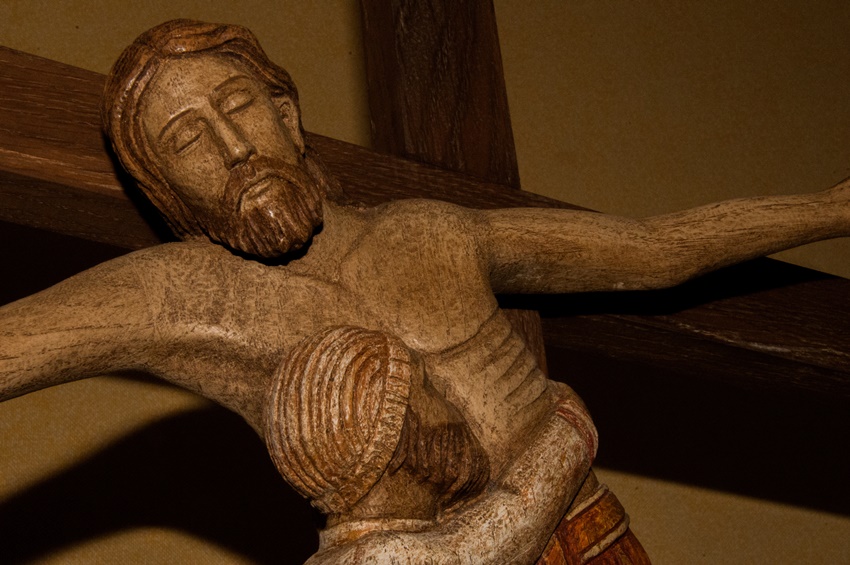
Arrupe invites us to do the same! This is what
he said a number of times at the conclusion of his talk. When we consider the
fruitfulness of his life, we can only desire to be enriched in the same way, in
our turn. But it depends wholly on us!
In today’s circumstances, the world offers us challenges and opportunities that can be fully met only with the power of this love of the Heart of Christ.
When we face the global challenges which beset us (peace, climate, biodiversity, refugees, etc), how vital is such an offering today, now perhaps more crucial than ever before.
There is the path that draws us away from nihilism and suicidal despair. It is, admittedly, a narrow path, but real and secure. It is the narrow path that leads towards, and then out from the Heart of Jesus. May the renewal of this consecration move us, and help us to find this path and then to commit ourselves to follow it.
Let us leave the final word to Pedro Arrupe:
Let us not fall into the presumptuous temptation of considering ourselves superior to a devotion that is expressed in a symbol. Let us not join the wise and prudent of this world, from whom the Father keeps hidden his truths and mysteries, while he reveals them to those who are or make themselves little ones. Let us have that simplicity of heart which is the first condition for a profound conversion.

